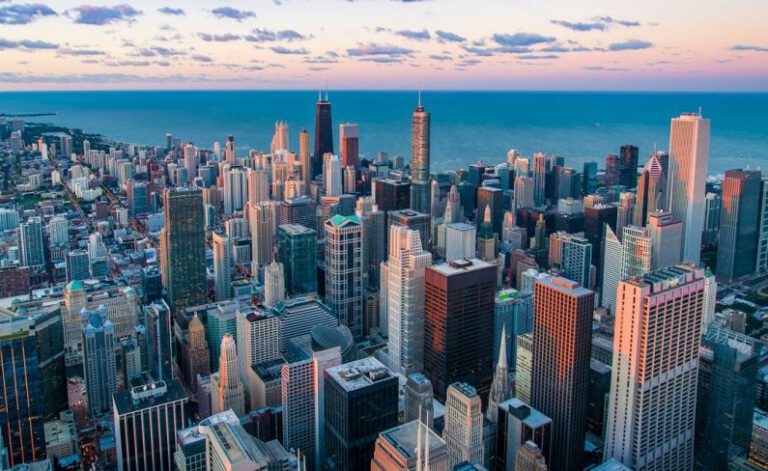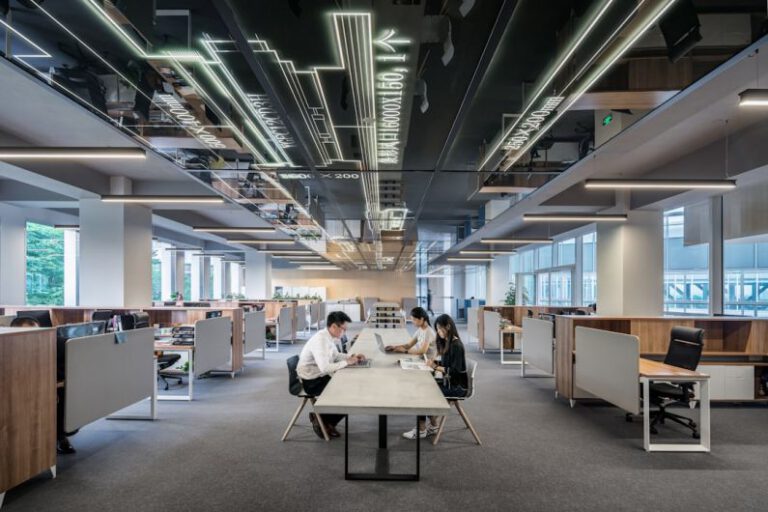Drone Delivery Services: the Sky’s the Limit
In recent years, the rise of drone technology has revolutionized various industries, including e-commerce, healthcare, and logistics. One of the most promising applications of drones is in the field of delivery services. As companies seek to streamline their operations and meet the growing demand for faster and more efficient delivery options, drones have emerged as a game-changer. Let’s delve into the world of drone delivery services and explore the limitless possibilities they offer.
The Advantages of Drone Delivery Services
Drone delivery services offer a myriad of advantages over traditional delivery methods. One of the key benefits is speed. Drones are capable of flying at high speeds and can navigate quickly through urban environments, reducing delivery times significantly. This rapid delivery option is particularly appealing for time-sensitive deliveries, such as medical supplies or perishable goods.
Moreover, drone delivery services can help reduce the carbon footprint of the delivery industry. By using drones instead of traditional delivery vehicles, companies can lower their emissions and contribute to a more sustainable future. This eco-friendly aspect of drone delivery services aligns with the growing emphasis on corporate social responsibility and environmental sustainability.
Another advantage of drone delivery services is their ability to reach remote or hard-to-access locations. Drones can fly over rugged terrain, cross bodies of water, and navigate through dense forests, making them ideal for delivering goods to areas where traditional vehicles may struggle to reach. This accessibility is especially valuable in emergency situations or when delivering supplies to rural communities.
The Challenges and Regulations
While the potential benefits of drone delivery services are clear, there are also challenges that must be addressed. One of the main obstacles is regulatory compliance. The use of drones for commercial purposes is subject to strict regulations imposed by aviation authorities, which vary from country to country. Companies looking to implement drone delivery services must navigate this complex regulatory landscape to ensure compliance and avoid legal issues.
Safety is another critical concern when it comes to drone delivery services. Drones share the airspace with manned aircraft, posing a risk of collisions and other safety hazards. To mitigate these risks, companies need to invest in advanced drone technology, including collision avoidance systems and remote monitoring capabilities. Additionally, training programs for drone operators are essential to ensure safe and responsible drone operations.
The Future of Drone Delivery Services
Despite the challenges and regulatory hurdles, the future of drone delivery services looks promising. As technology continues to advance and regulations become more streamlined, we can expect to see a widespread adoption of drone delivery services across various industries. Companies are investing heavily in research and development to enhance the capabilities of drones, including increasing payload capacity, extending flight range, and improving battery life.
In the coming years, we can anticipate a significant expansion of drone delivery services, with drones becoming a common sight in the skies. From delivering packages and groceries to providing emergency medical supplies and conducting aerial surveys, drones are set to revolutionize the way we think about logistics and transportation. With the sky’s the limit mentality driving innovation in the drone industry, we are on the brink of a new era of fast, efficient, and sustainable delivery services.
In conclusion, drone delivery services offer a glimpse into the future of logistics and transportation. With their speed, accessibility, and eco-friendly benefits, drones have the potential to transform the delivery industry and address the evolving needs of consumers and businesses alike. While there are challenges to overcome, the ongoing advancements in drone technology and regulatory frameworks suggest that the sky is truly the limit for drone delivery services.






